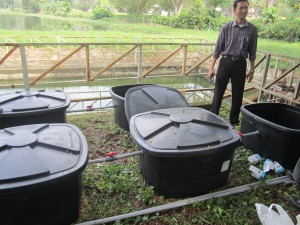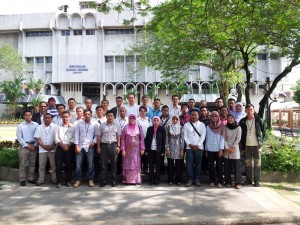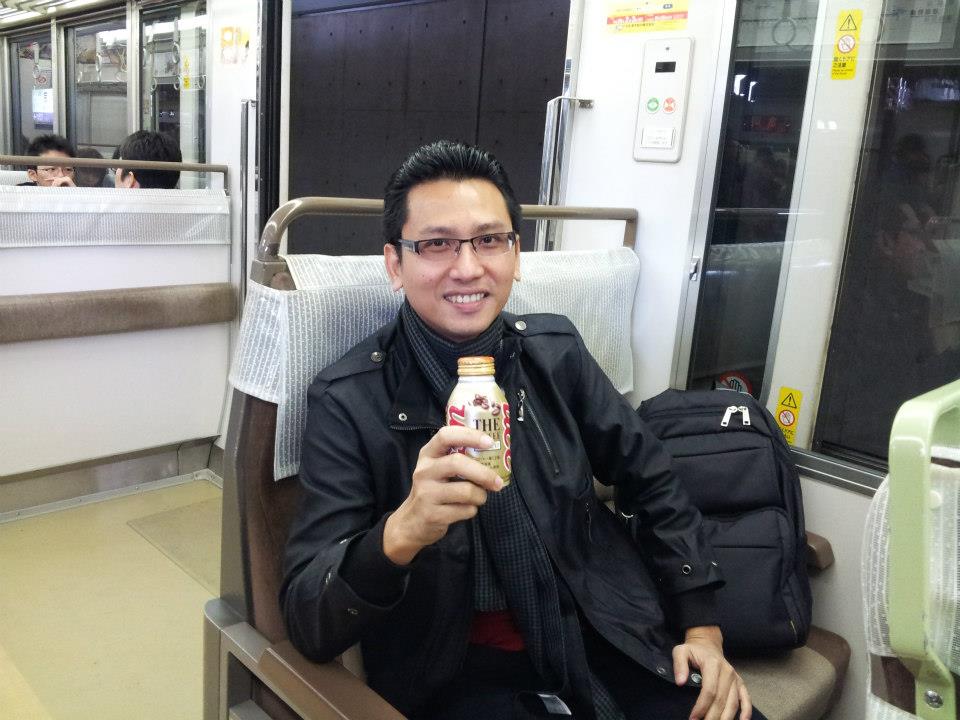My Teaching Portfolio
Typically, I am teaching two types of classes which also include the undergraduate and postgraduate levels. In the beginning, I was given the fundamental of water and wastewater subjects, that usually introductory of typical conceptual of design criteria. The student will be explaining mostly on the water treatment plant and types of wastewater treatment plants. These aspects are also included in outdoor assignments and field trips. Therefore, the student will greatly influence the actual problems and create a better understanding of the subject matters. However, my major contribution to the teaching aspect is lecturing on the typical aspect of advanced technology and design environmental engineering; especially conceptual design and empirical model in wastewater treatment plant. Both subjects are the main components in root engineering under the environmental department, such as SKAA 4923 (Advanced Water and Wastewater Treatment), MAK 9333 (Principles of Environmental Engineering) and MAK 9373 (Biological Wastewater Treatment). The subject focuses on the current development of environmental engineering aspects, such as membrane technology, sludge treatment, recovery and reuse water, and innovative decision making in a sustainable environment. I also teaching SKAA 4051, Civil Engineering Laboratory III which known as a lab course for the prerequisite subject in undergraduate study. Besides that, a simulation and model assessment is also adopting in lecture and in-house training for undergraduate and postgraduate students. In Malaysia, most of the practical wastewater treatment design considering a coefficient factor from the textbook that suggesting from cool and mild temperate climates, which definitely unsuitable for the Malaysian environment. Therefore, an introduction of ASIM and WEST models will enhance simple taught of tropical climates, thus allowing some improvement on the wastewater design. Of course, some practical design and in-situ exercise will provide a better understanding of the current knowledge and improve the existing wastewater treatment plant. The students are able to formulate and predict the improvement of the treatment, as well as the alternative of the design options. This has never been exposed to the student, which always depends on the conventional design criteria.
Since 2005, I have also involved with various undergraduate practical exercises, including the sewerage project and sustainable concept of civil construction works, called Professional Exercise Project (SKAA 4012). The subject was specially introduced to the final year student, in order to provide certain technical assessment and establish new input of civil works. Students are required to form 8 – 10 members in a group and require completing the ‘actual’ civil work projects within a timeframe given. They must utilize all civil knowledge’s to compile in a group report. It includes the design, drawing, description, and conclusion of the project. The subject covers the widest aspect particularly management in soil properties, water pollution, air and noise, solid waste, and environmental management system (EMS) / environmental impact assessment (EIA), hydraulic and hydrology and transportation projects. Generic skill is important among graduates. But, as the most critical requirement by Malaysian Quality Assurance (MQA) nowadays, the proposed subject must include the important aspect of technical, knowledge, enthusiasm, and team corporation in every assignment and course works. My main concern on the civil works was particularly for the environment design and calculation, including sewerage network and pipeline installations. The task is required to calculate all necessary hydraulic inputs and combine with the gradient, sizes of pipes, depth/invert level and layout of the sewerage pipeline. The courses that I teach will inculcate this aspect in terms of applying students’ creativity, communication skills, and interpersonal contributions to a group effort while completing their group assignment. The students are given topics/case studies and work in a group. They are also required to present their reports in English, an effort to better their command of the language. At the end of the course, students are required to assess the contributions made by other students in their group by using ranking scales.


